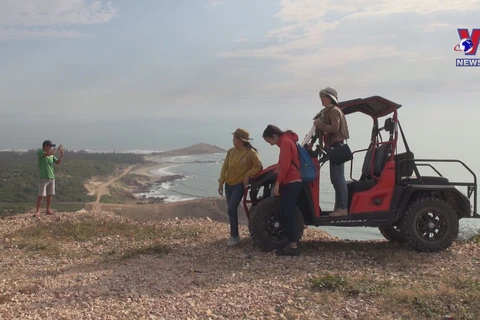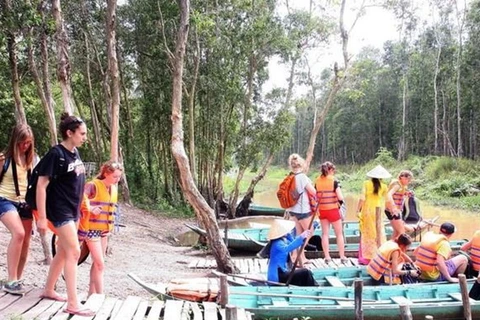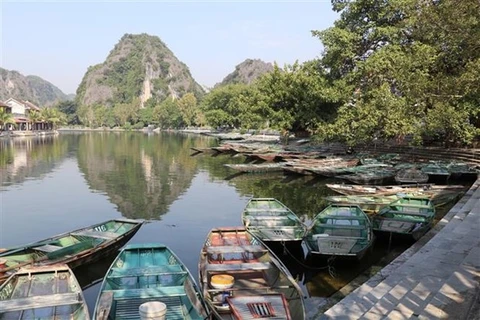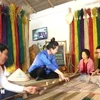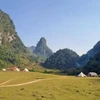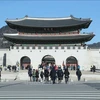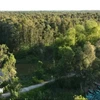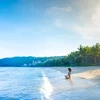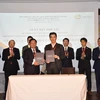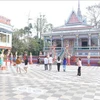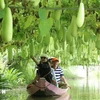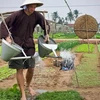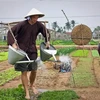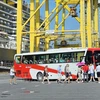Tra Vinh (VNA) – Ba Om Pond scenic spot and Huynh Kha eco-tourism site in the Mekong Delta province of Tra Vinh have been recognised as regional typical tourism areas.
The decision to recognise their new status was granted by the Mekong Delta Tourism Association at a conference in Tra Vinh on July 10 to review first-half regional tourism development and launching tasks for the remaining months of this year.
Ba Om Pond covers a total area of over 300ha and is located in ward 8, Tra Vinh city, over 5km to the southwest of the city centre and more than 500m to the east of National Highway 53. The impressive feature of this place is the centuries-old ancient trees surrounding the pond. Many of the tree roots have unique shapes. This is a famous natural landscape in the Mekong Delta and Tra Vinh province in particular.
Situated on Chu Van An street in Tra Vinh city, the Huynh Kha eco-tourism site sprawls over 57,000 sq.m and treats visitors to food, coffee, an eco-restaurant accommodating over 1,000 guests, an integrated area with fresh and cool air, water-based recreational activities and folk games.
Apart from them, Tra Vinh has two more typical destinations in the region, including a temple dedicated to President Ho Chi Minh in Long Duc commune, Tra Vinh city and Con Chim islet – a community-based tourism site in Hoa Minh commune, Chau Thanh district.
Vice Chairman of the provincial People’s Committee Le Thanh Binh said the province holds huge tourism potential, particularly in cultural and spiritual tourism, which sets it apart from other localities in the Mekong Delta. With a long history of coexistence among the three ethnic groups of Kinh, Khmer and Hoa, the province has developed a multi-ethnic culture with numerous traditional festivals taking place throughout the year, attracting tens of thousands of visitors.
Additionally, the cultural fusion and evolution have created a distinctive culinary culture in the province, offering tourists a chance to experience famous local specialties and delicacies. Tra Vinh also boasts several islets and riverine and coastal areas with fruit orchards, providing advantages for the development of beach tourism, eco-tourism in rivers and canals, and resort tourism, he said./.



